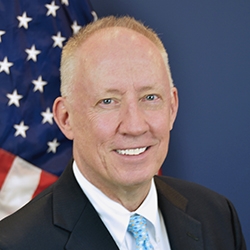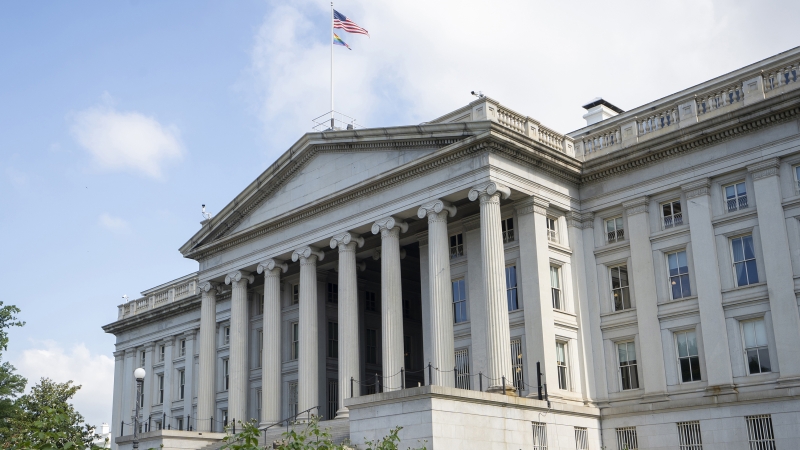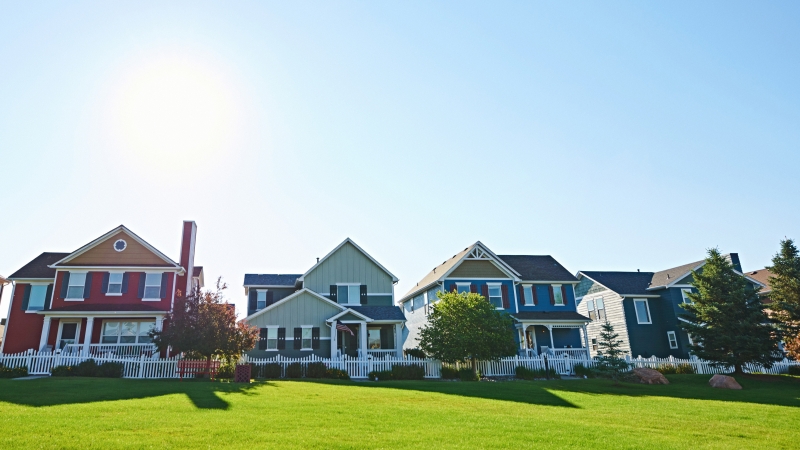The company offers a variety of home renovation programs to help borrowers reduce their hazard risk and improve access to homeowners’ insurance. In many cases investing in a home’s longevity can reduce premiums and improve coverage, two factors that contribute to a consumer’s overall ability to afford their mortgage.
“We want our customers to be safe and secure in their homes, and that includes better protection from natural disasters,” says Joles, who encourages anyone who works in the mortgage space to examine the FHFA’s recently published literature review.
“It’s a great starting point for companies to evaluate and understand the issues,” he says. “It really puts all the risks that we face as an industry into perspective.”
Planet is preparing its own loan officers to handle the unique consumer needs expected to arise as climate change impacts become more pervasive.
“I think that the best thing we can do internally is just to continue to make sure that our loan officers, our operations staff, everyone - are all aware of ways to uniquely use the products that we’ve set up to take care of and help customers with these types of problems,” Joles says. “I don’t think that insurance alone is going to be able to solve this problem completely anymore. That’s where we can fill in for borrowers to help bring this huge investment they have up to wherever they need it to be.”
Servicers and appraisers are also entering this space. Mortgage analytics firm RiskSpan has collaborated with Verisk to create a first-of-its-kind solution for measuring and mitigating the risks of climate change to the housing finance industry.
“What we’re finding is that people want to go through and strengthen their houses to make sure that they’re ready for some of the items that can occur with these climate risks,” Joles says. “There are products out there for energy efficient upgrades and products that allow you to do renovation-related upgrades that are managed closely and tightly. All of our agency partners allow us to go down that path and help our borrowers and customers have some additional oversight and a true partner as they work through those items. Utilizing the funds from a construction-type opportunity allows us to help that borrower make that replacement and lower their risk, to not only have something that’s ready for the weather but also have the actual insurance at a cheaper cost.”
An aging roof, for example, can raise an insurance premium significantly and even be a reason a borrower is denied coverage.
“Coverage is not only getting more expensive, it often has many more exclusions,” Joles points out. “Because insurance is a state-regulated entity, some of these insurance funds at the state levels are starting to be challenged as well. We want to make sure to engage and get the feedback of a lot of different folks to understand what’s going on. The insurance exclusions, the limitations, that to me is really the biggest implication that I see. I think it’s gonna have a major, major impact that will most likely move this issue into the political sphere.”
The Mortgage Bankers Association, the agencies and the regulators are all watching these proceedings carefully, and the issue is receiving more attention every single day.
Planet’s programs help fund the modernization of aging homes, but the lender’s outreach extends outside of the mortgage sphere as well. Monetary and volunteer support of environmental organizations continues, and the nonprofit National Forest Foundation and food insecurity organization The Farmlink Project are two beneficiaries.
“As a company we just happen to intersect with climate change because we consider what we can do to improve the planet, help our customers, and contribute to community efforts,” Joles explains.
Planet Home Lending released its first-ever Environmental, Social and Governance (ESG) report in 2022, outlining the scope of its efforts.
While consumers aren’t necessarily asking their mortgage team about climate change at this point in time, lenders can expect it to come up in dealings more frequently.
“We wanted to be accountable and transparent with our customers, the agencies and our business partners,” Joles says. “We’re thrilled to be able to put that out to the industry and be one of the leaders down that path. Making sure that our consumers are protected, making sure that our investors are protected, is our priority.”
LOs and the mortgage companies that employ them are encouraged by government regulators and others to participate in ongoing workshops and panel discussions about the changing climate and housing finance.
After all, the success of any mortgage professional is contingent on loan volume and performance, which have everything to do with the ability of borrowers to afford homes.














